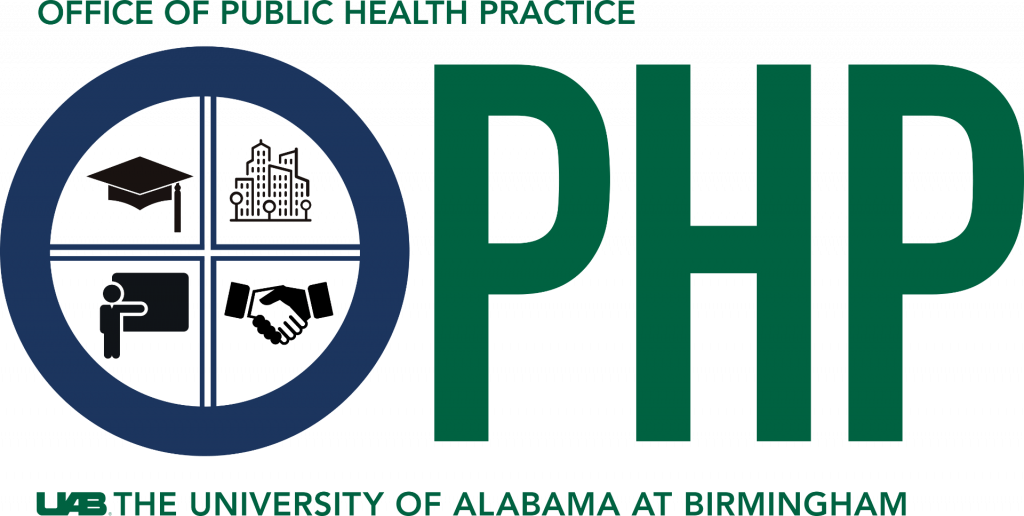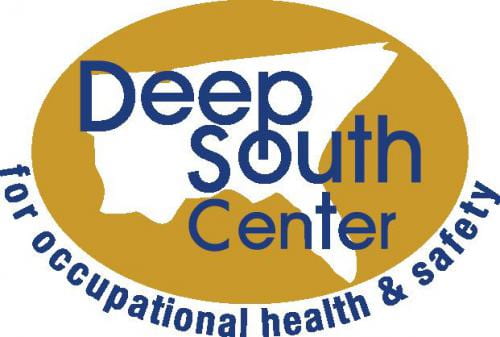
In this lecture, Dr. Jeffrey Shaman (Professor, Department of Environmental Health Sciences, Director, Climate and Health Program, Columbia University Mailman School of Public Health) will explore the relationship between disease systems and the broader effects of climate and weather on human health.
Dr. Shaman is also Faculty Chair of the Earth Institute at Columbia University and Senior Associate Dean for Faculty Affairs at the Columbia Climate School. He studies the survival, transmission and ecology of infectious agents, including the effects of meteorological and hydrological conditions on these processes. His work-to-date has primarily focused on mosquito-borne and respiratory pathogens. He uses mathematical and statistical models to describe, understand and forecast the transmission dynamics of these disease systems, and to investigate the broader effects of climate and weather on human health.
The lecture is sponsored by the Lister Hill Center for Health Policy, Office of Public Health Practice, Alabama Regional Center for Infection Prevention and Control, and Department of Environmental Health Sciences and will take place from 12:00 p.m. to 1:00 p.m. on May 4 via Zoom. Participants can register using the button below.












